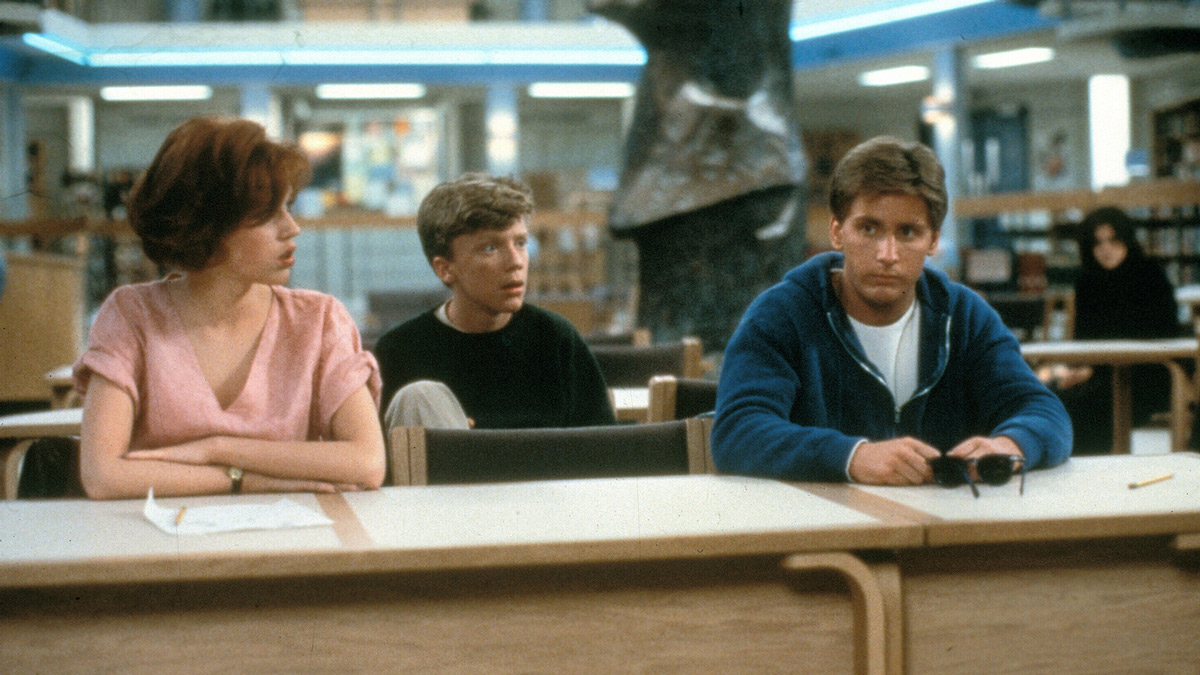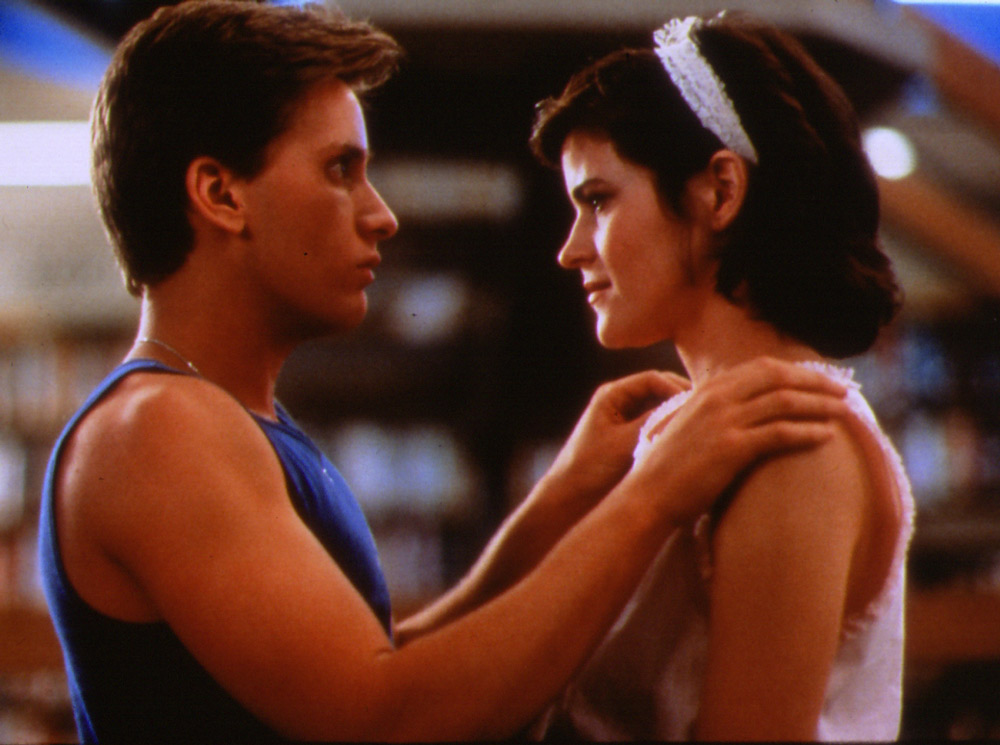
(c) Photofest / Getty Images
“The Breakfast Club” Nostalgia and resignation hidden in the work that become apparent over the years
2020.09.28
5 students who apply to someone
One of the features of this film is that the five students do not introduce each other's names until about 26 minutes into the movie. Allyson, played by Ally Sheedy, doesn't speak for the first time until 33 minutes later. In the story, the reason why they remain anonymous for a while is because they have an anonymity or universality that applies to everyone, and the name itself is not that important. During their conversation, it gradually becomes clear that what they all have in common is problems with their parents.
Claire's parents, played by Molly Ringwald, are on the verge of divorce. Andrew's father, played by Emilio Estevez, has high expectations for his athletic career, and Brian's parents, played by Anthony Michael Hall, also have high expectations for his academic career. Alison is ignored by her parents, and as for John, played by Judd Nelson, even his parents are uncertain. In other words, this film attempts to portray the diversity of the world by depicting the family circumstances of each of the five people. Another great feature was that the audience's family circumstances were set to apply to one of the five characters.

"The Breakfast Club" (C) 1985 Universal Studios. All Rights Reserved.
There are precedents such as `` Carrie '' (1976), but one of the reasons why ``The Breakfast Club'' is said to be pioneering is that it was an early depiction of ``school caste'' = ``hierarchy within a school'' in earnest. There is a point that it is a work of art. Of course, at the time of its release, the term <school caste> did not exist. In Japan, the theme of school caste has been increasing since the 2000s in the world of literature, but I have the impression that the word became common after `` Kirishima, Club Club Yamitteyo '' (12). .
In American youth films up until the 1980s, dull students at the bottom of the school caste were primarily portrayed as objects of ridicule. Although they sometimes appeared in supporting roles, there were no films in which they were the main characters. What is important is that ``The Breakfast Club'' focuses on young people from backgrounds who have never been the main characters in movies, or who have been dismissed as supporting characters and the subject of ridicule, and takes a sincere approach. It is in the point I was drawing.
Saturday after supplementary classes, Monday after the following day. Will the five people, who had never met each other at school before, really exchange greetings? Or will they ignore each other and continue to stay in their respective <school castes>? This movie does not intentionally provide the answer.

